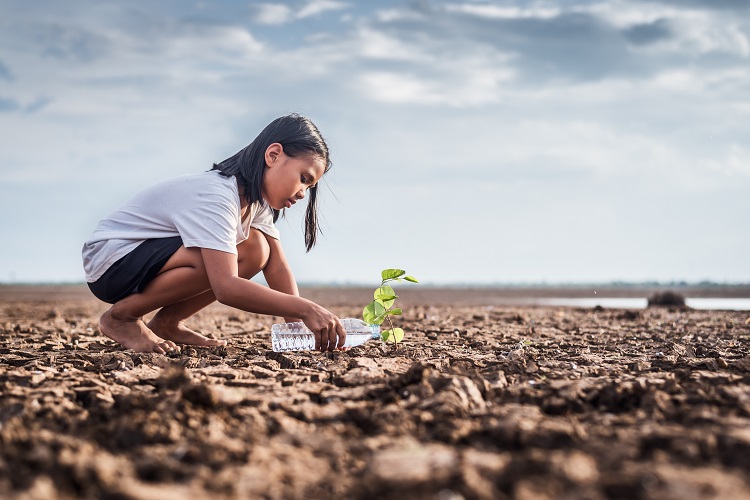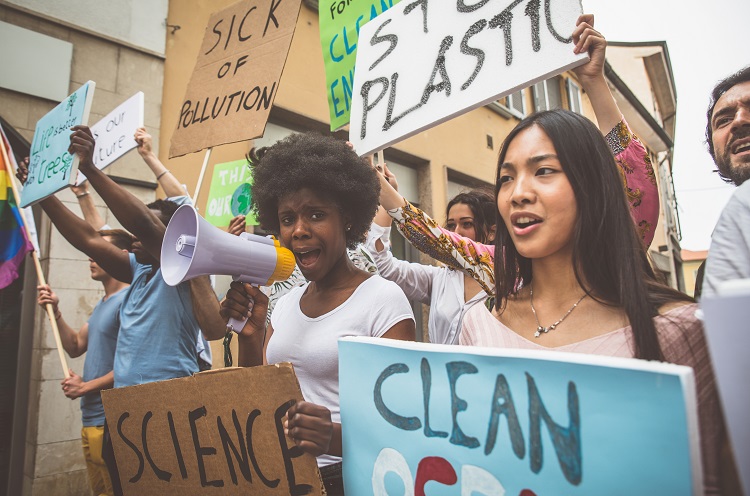
With the sharp rise in human population and increased economic activities, the climate has had its fair share of woes. This is especially evident with the increased emission of greenhouse gases, which lead to global warming. Failure to act will continue to pose a great threat to the environment. (1)
In light of this, every individual should do their bit to conserve the environment, and this begins with understanding the dynamics of climate change. With this in mind, here are ways you can educate yourself on climate change:
- Reading articles, books, and watching documentaries
There are innumerable documentaries covering environmental issues. You can find some of these on fee-only video-streaming platforms or free ones like YouTube and Vimeo. You can also watch them on TV whenever they’re aired. Visual learning is usually engaging, especially if the videos are shot professionally and are of premium quality. In addition to that, there’s the entertainment value associated with them. As long as you have stable internet access, there’s no limit to how many climate change documentaries you can watch.
Alternatively, articles and climate change books would be an excellent choice if you prefer reading. They’re factual, backed by intensive and extensive research. They cover all aspects of climate change in-depth. By reading such books, you get to understand floods, drought, and other climate changes from a scholarly point of view. You’ll find them at local bookstores and libraries or online as eBooks.
- Taking classes
Some community colleges offer short-term environmental courses. Consider enrolling in such, and study climate change in a classroom setting. This enables you to team up with other students with similar interests and constantly engage in meaningful conversations around climate change. The good thing is that the schedules are excellently flexible, so you can still attend the classes even if your current schedule is tight. Moreover, you get credentials and certifications, which set you up for working in institutions championing environmental sustainability. Despite the politicization surrounding environmental science curriculums in schools, you can still learn a lot. (2)
Below are more advantages of taking climate change classes:
- You can conduct research and provide helpful data on extreme weather events, which can be used by the relevant authorities to help advocate for climate conservation.
- You get to understand the ecosystem and how people’s actions affect wildlife, natural forests, and thewater cycle.
- It changes your attitude and that of your community toward land and water pollution
- It stirs you to find solutions to climate change, perhaps through innovative ways to recycle used products and release cleaner energy

- Joining conversations on social media
Social media has become a major part of communication today, creating awareness and passing information. Moreover, climate change has been a key subject of discussion on these platforms. To increase your knowledge, you can join these conversations and find out what experts have to say about droughts, floods, ice mass loss, and other environmental issues the world is facing.
Furthermore, social media brings like-minded people together; it becomes easy to connect with people with the same vision on sustainability, green technology, recycling, and other areas that interest you.
- Volunteering
Another way to learn about climate change is by volunteering with local organizations working on environmental issues. This is a perfect avenue to gain hands-on experience on typical climate change mitigation measures. These include:
- Planting trees
- Solar panel installation
- Cleaning water bodies
- Reducing carbon dioxide emissions from vehicles by servicing them regularly
- Modifying consumption patterns, like buying longer-lasting products instead of single-use ones
- Building sustainable buildings with minimal environmental impact
- Liaising with the government to formulate national policies to reduce the carbon footprint. (3) (4)
- Taking part in protests and rallies
Time after time, environmental conservation enthusiasts hold protests and rallies to pressure leaders into enforcing the appropriate policies to curb global warming. If there’s one within your locality, join the protests. In the process, you get to learn about key climate change issues and what can be done about them. You also connect with like-minded people and exchange ideas.
Just recently, more than 1,000 scientists from 25 different countries held rallies after the publication of the latest report from the Intergovernmental Panel on Climate Change. The report raised an alarm about the need to cut greenhouse gas emissions by 2025. Failure could find the world staring at catastrophic climate effects. Joining such rallies significantly makes you aware of current climate change developments. (5)
Conclusion
Learning about climate change is your first step in playing a part in environmental conservation. You can do it formally by enrolling in courses or more casually through reading climate change books, taking part in protests, or following and contributing to social media conversations. Whichever approach you take, your passion in environmental conservation will enable you to get as much information as possible regarding climate change. This goes a long way to making the earth a better place.
References
- “Changing climate numbers” Source: https://www.nytimes.com/2009/02/21/opinion/21sat3.html?searchResultPosition=7
- “Should schools teach climate change?” Source: https://www.nytimes.com/2018/02/08/learning/should-schools-teach-about-climate-change.html?searchResultPosition=3
- “Climate Change mitigation: practical measures to limit global warming IPCC report 2014 Working Group III”, Source: https://www.greenfacts.org/en/climate-mitigation-limiting-warming/index.htm
- “Climate Change Mitigation: Solutions for a carbon-neutral world”, Source: https://www.unep.org/gef/index.php/focal-areas/climate-change-mitigation
- “Scientists Stage Worldwide Climate Change Protests After IPCC Report”, https://www.smithsonianmag.com/smart-news/scientists-stage-worldwide-climate-protests-after-ipcc-report-180979913/
